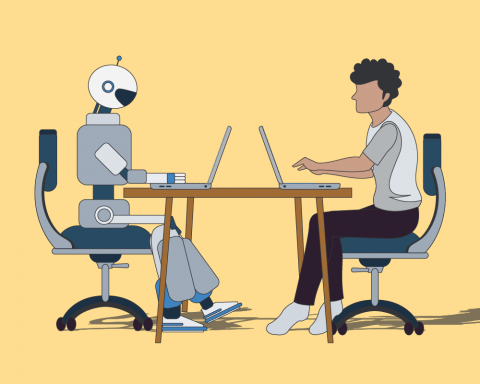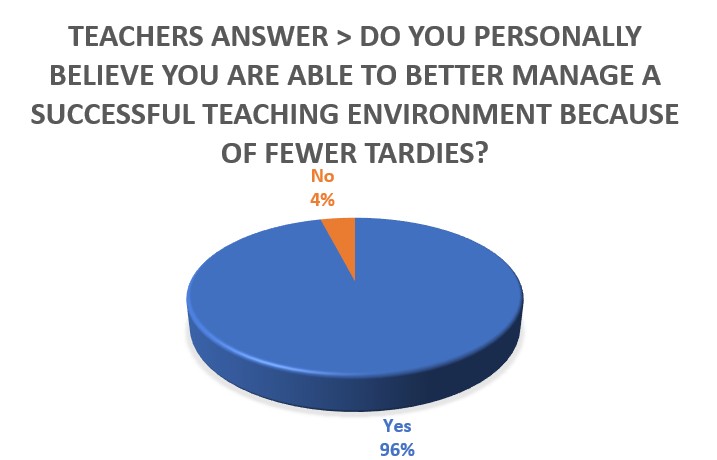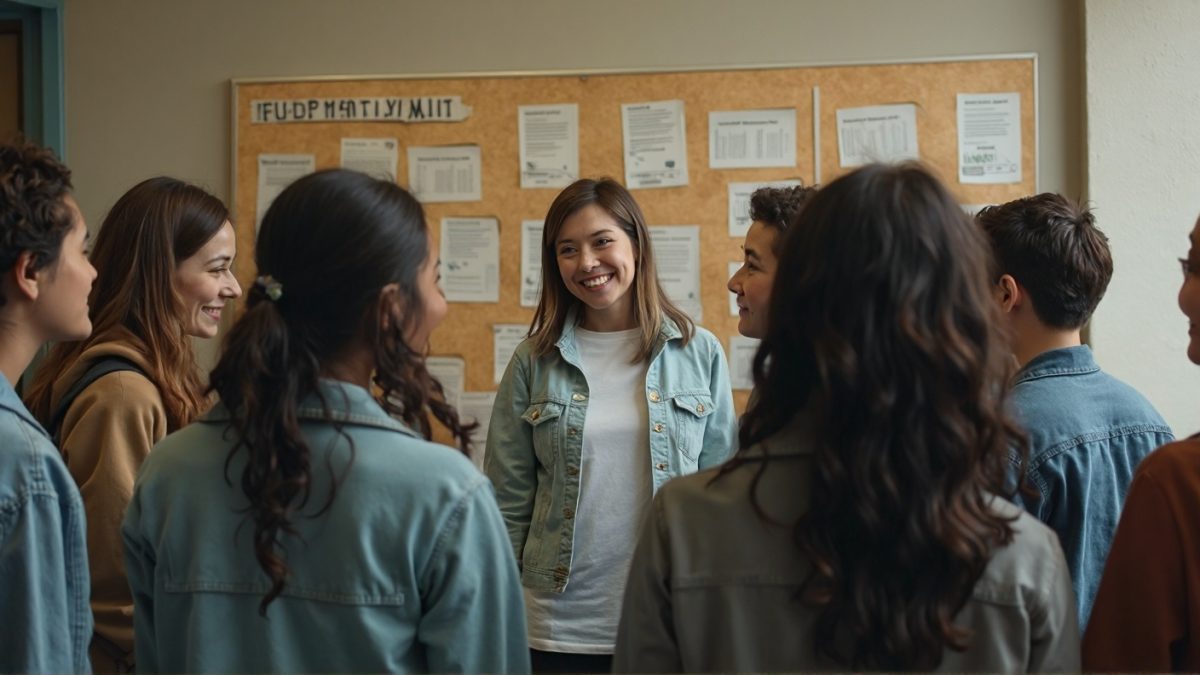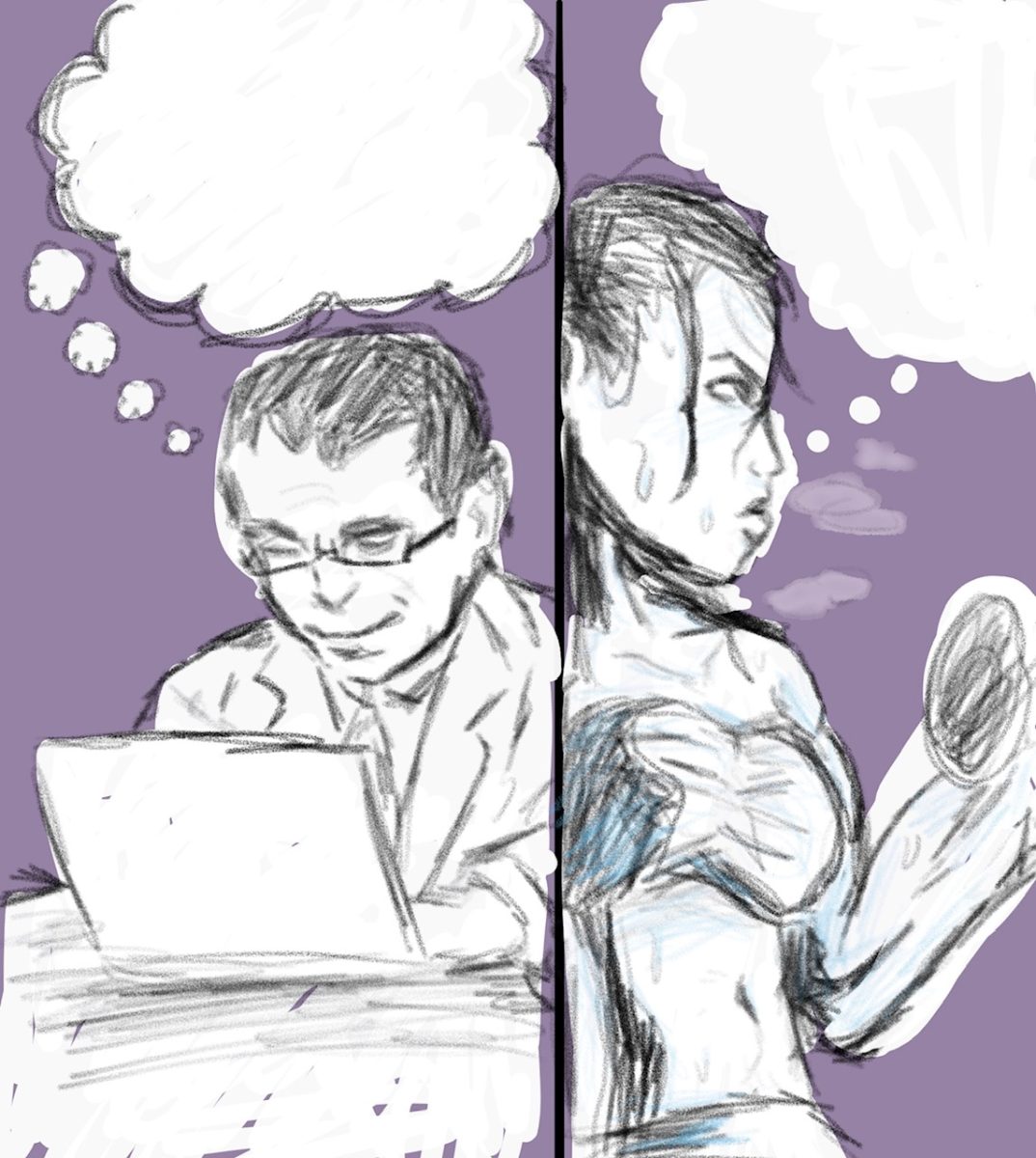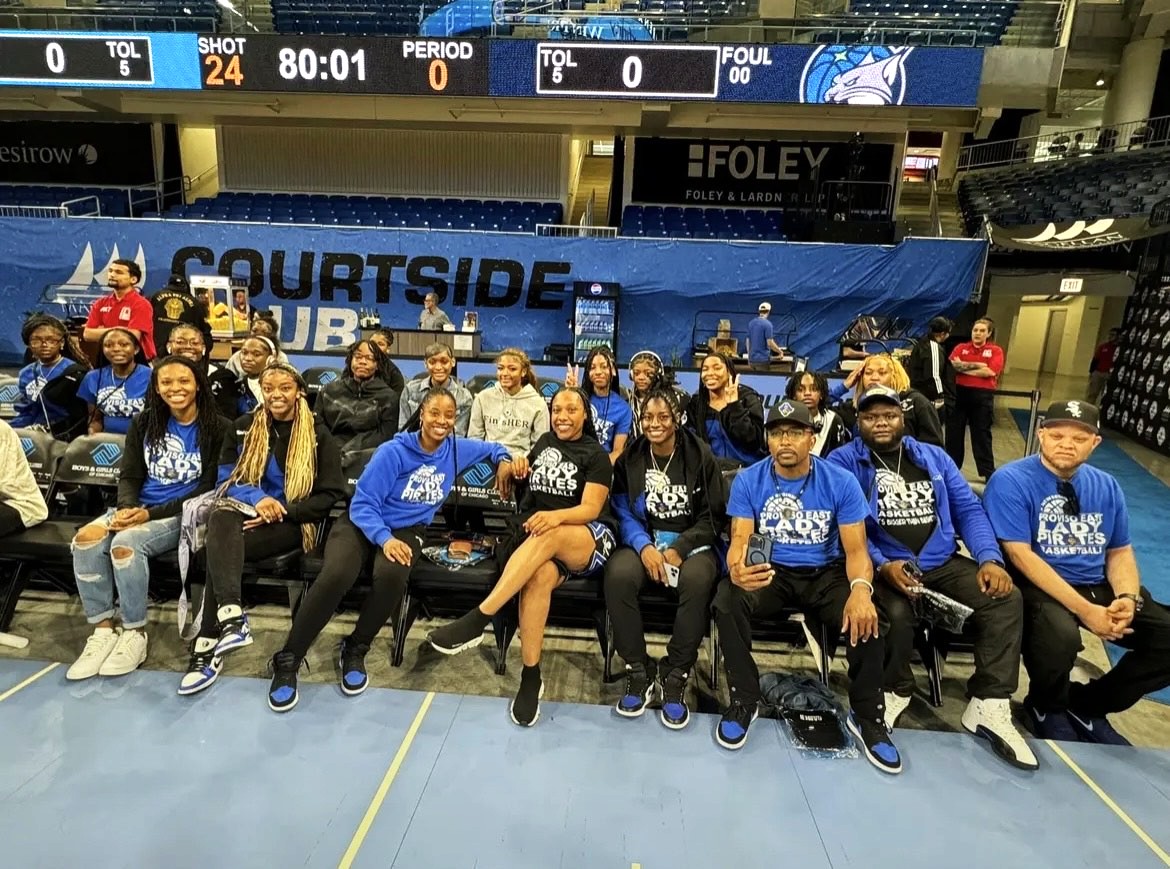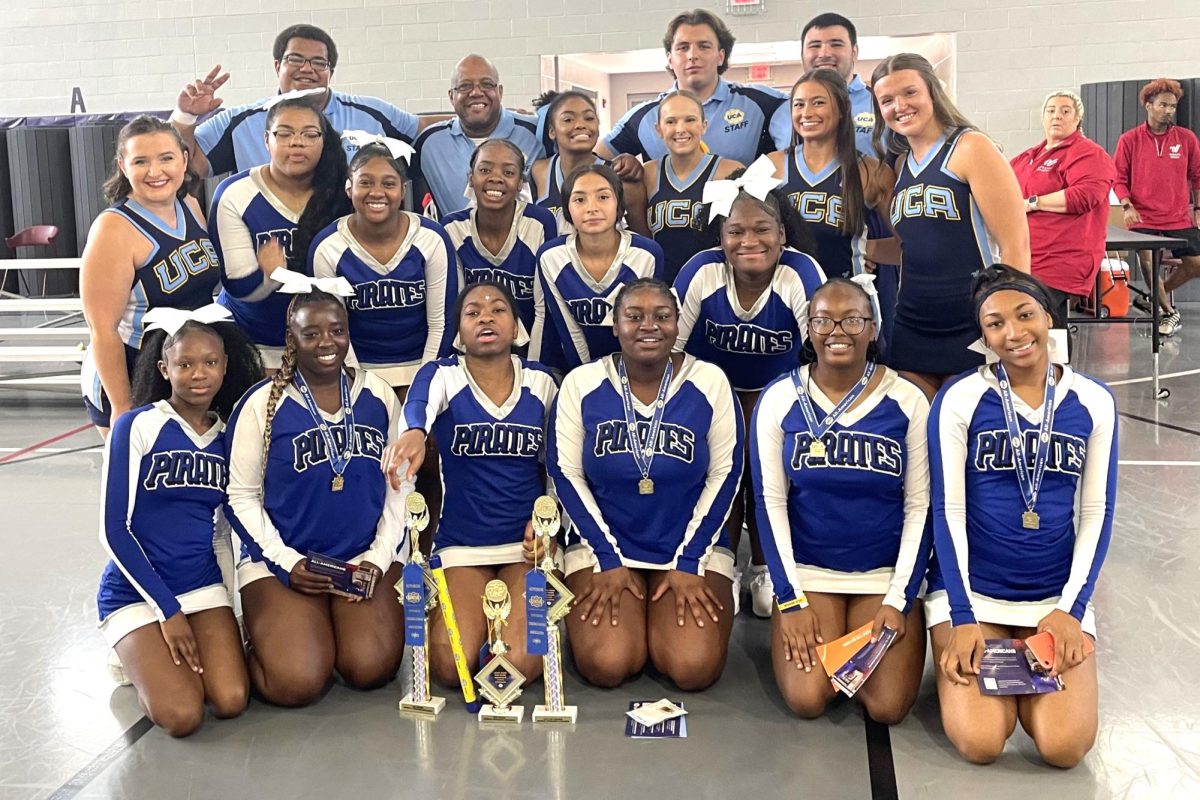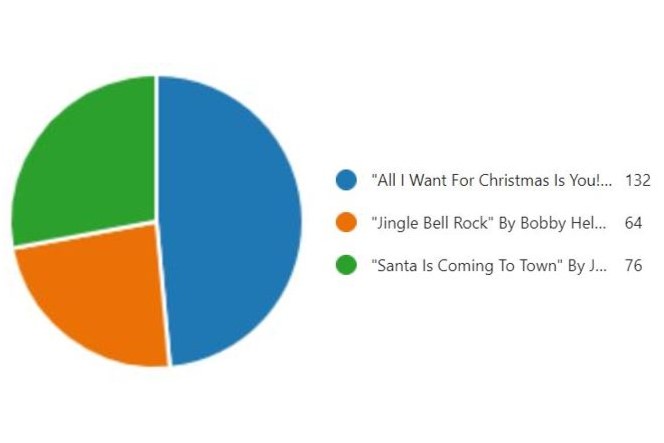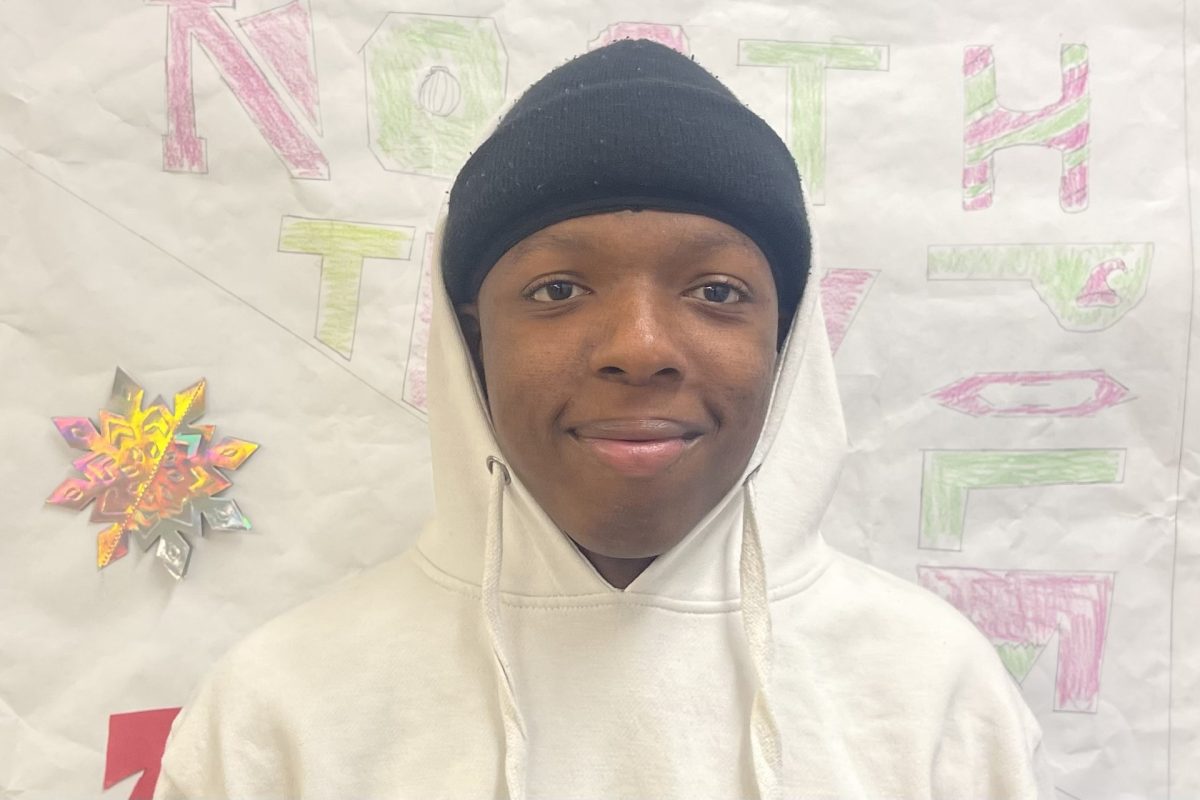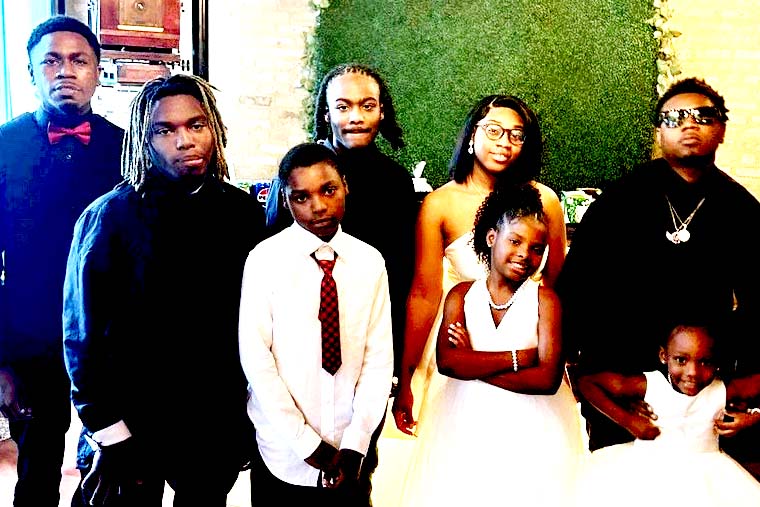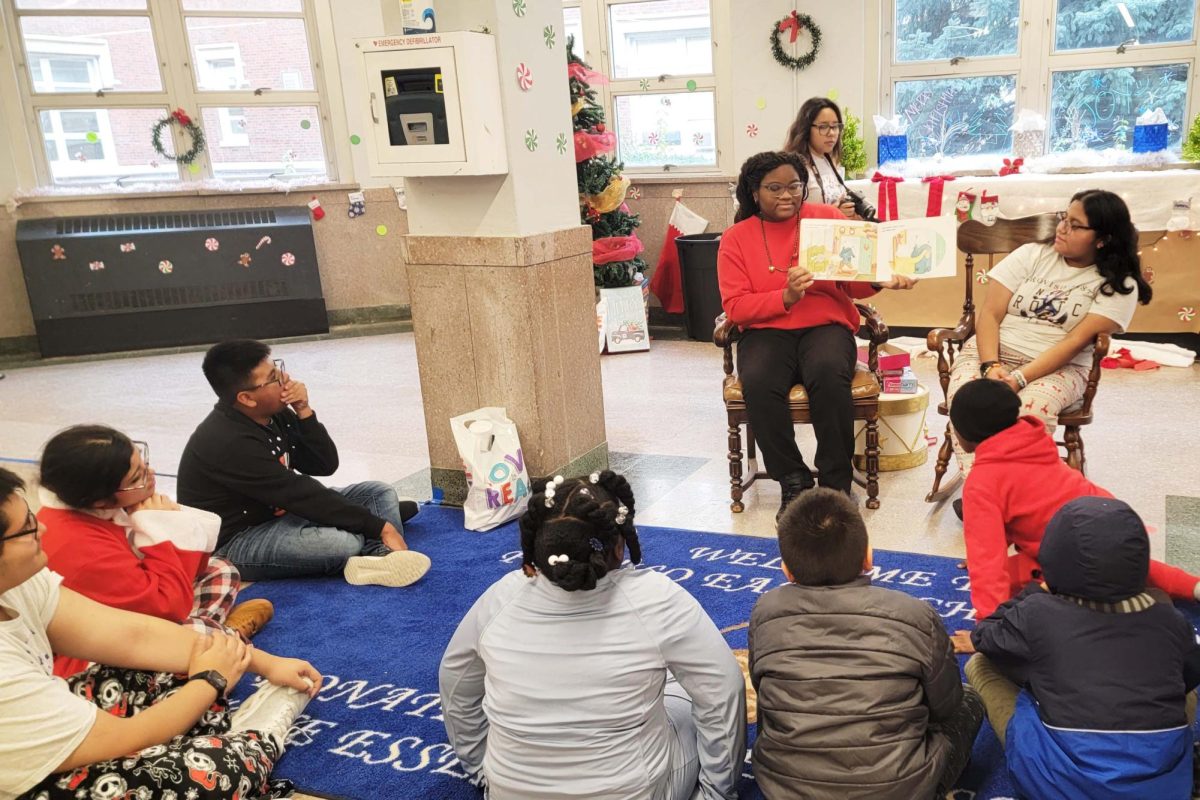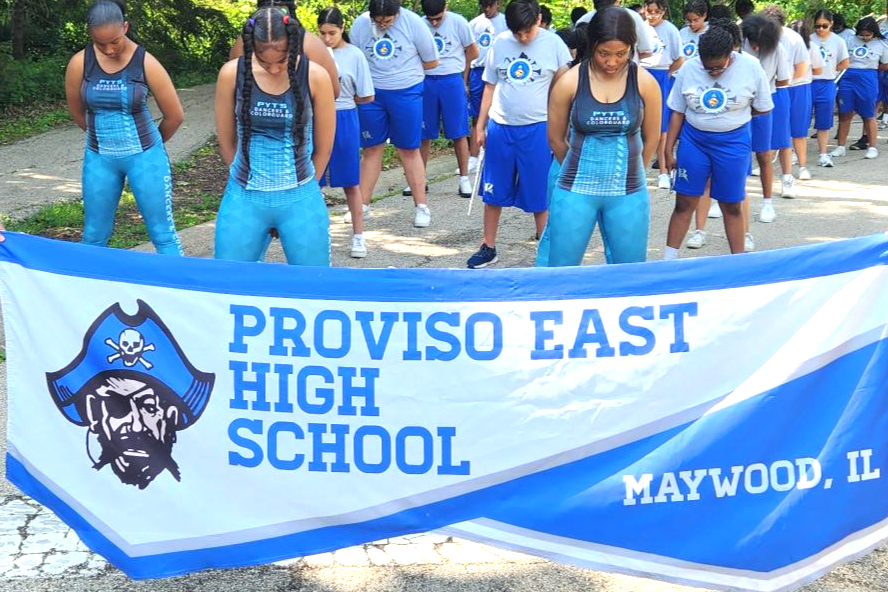Artificial intelligence (AI) is becoming a major topic in schools, with students and teachers at Proviso East having mixed opinions on its impact. Some students rely on AI to help them with schoolwork, while others believe it takes away from the learning experience. Meanwhile, teachers recognize AI is not going anywhere and are learning to adjust.
Most students who report having used AI have used it at some point for their schoolwork. Many found it helpful, especially in subjects like math, where they felt classroom instruction and tutoring did not fully explain certain topics. AI in student use is mainly apps such as Chat GPT, Gauth AI, Photo Math, Snapchat AI, and Copilot.
One student, Andrea Maldonado, sophomore, shared, “AI can encourage you to do your work because you are able to ask questions and see step-by-step on how to solve problems.”

However, not all students believe AI is ultimately beneficial. Sophomore Navae Levy expressed concerns about AI’s effectiveness in truly learning material. Levy said, “AI helps you understand what’s going on, but if you actually want to learn and make the subject stick to your head, then I don’t recommend.”
For some, AI is a time saver, helping them complete assignments faster. Levy had an assignment she did not understand, so she used AI to help her analyze the assignment. “It went all right; I got it done in under 20 minutes.” This is very convenient to many students, but there is still debate on whether it forms a genuine understanding.

Sophomore Malik Loury believes AI has limits when it comes to education. “No, I do not think AI can ever replace teachers. AI is a robot.” While AI can assist, he argues that it cannot replace human teachers. AI is used for studying and getting ready for upcoming tests. Loury added, “Most times, I use ChatGPT to make notes for an upcoming test or to further explain how to do an assignment, and it goes well. This suggests that AI, when used responsibly, can help you with other things than just giving you the answer.’’
Kristina Blagojev, an English teacher at Proviso East, uses AI regularly for creating assignments, slideshows, and assessments. “It is a very useful tool, especially if you’re using the right forms of AI, like magicschool.ai for teaching-related things and not just ChatGPT,” she said. However, she also questioned her growing dependence on it. “I find myself relying on it more to do basic tasks for me. Why can’t I just make a slideshow on dramatic irony myself?”
Blagojev also sees how AI can support student learning. “We’ve had representatives from NoRedInk show us how AI can grade assignments and provide specific feedback based on criteria from the rubric,” she explained. With over 120 papers to grade, AI allows students to receive faster and more detailed feedback.
Maldonado supports teachers using AI for grading, saying, “It is a good thing teachers use AI to grade work because they can update our grades faster. This helps us see faster updates and not stress about waiting for scores.” However, others find it weird or odd that a teacher may use AI.
Despite its advantages, AI raises concerns about student creativity and critical thinking. “Absolutely. I know this because I see it in myself,” Blagojev said. “The more I use it, the dumber I get, but it also gets so much work done for me. I can only imagine how much more it could impact a developing mind.”
Students see both benefits and downsides to AI’s role in education. Maldonado believes, “AI should be used more since it’s such a simple way to learn material.” However, she also acknowledges that some students may misuse it. “The downside is some students can be lazy and just write the answers without reading the step-by-step explanations.”
Some students think it truly helps and guides them, while others believe it takes away the learning experience. Levy stated, “Yes, it is fair, but at the same time, it’s not. If you are using it the whole school year, then it is most definitely taking away your learning experience.”
Another concern is whether AI prepares students for college. Levy argues that high school students should rely less on AI and focus on developing independent study skills. “No, AI is not preparing you for college. People do use AI in college sometimes, but for high school, you should pay attention more than just using AI.”
Blagojev expressed deeper concerns about AI’s potential impact on students. “It’s one thing to use it as a tool to learn and grow from, it’s another thing if kids are just copying and pasting and not absorbing any information,” she said. She compared AI’s rise to the way Wikipedia was once viewed. “If you used Wikipedia, that meant you were lazy. Now, if you use Wikipedia, it means you are trying instead of using AI.”
AI’s impact on education depends on how it is used. If students use it as a tool to supplement learning rather than as a shortcut, it can be beneficial. But if it becomes a crutch, it may hinder long-term academic success.
As AI continues to evolve, schools will need to find a balance. Whether students love or hate AI, one thing is clear—it is here to stay.

